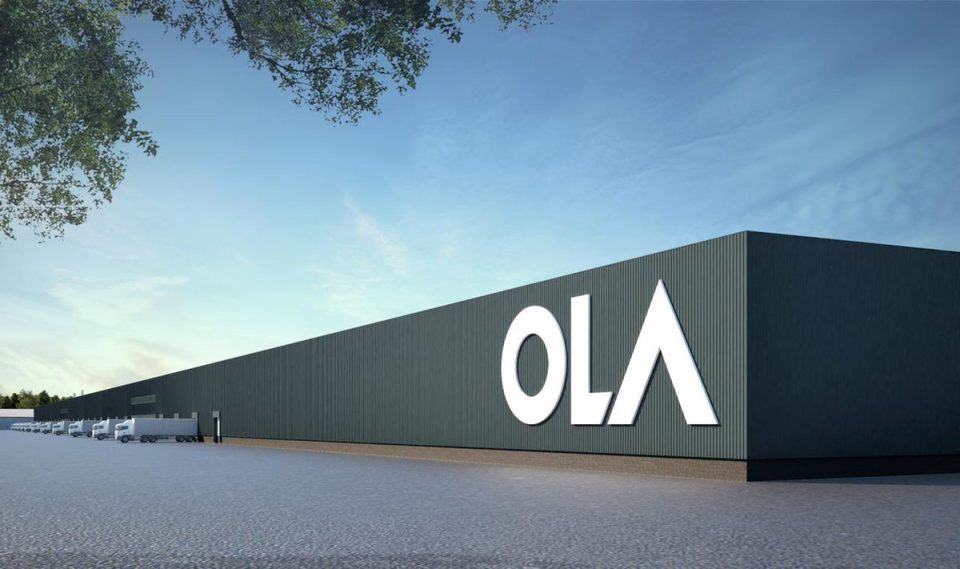The ride-hailing company’s electric vehicle arm, Ola Electric, is investing around $500 million to establish its Battery Innovation Centre (BIC) in Bengaluru. Ola, led by Bhavish Aggarwal, said the BIC would be one of the largest and most advanced cell research and development (R&D) facilities in the world, with more than 165 “unique and cutting-edge” laboratory equipment covering cell-related R&D. The company did not disclose the period for the investment.
In India, SoftBank-backed Ola is now in direct competition with electric two-wheeler makers such as Ather Energy, Hero Electric, Bajaj, TVS Motor Company, Bounce and Boom Motors. The company also plans to launch electric cars, motorcycles, sport utility vehicles and robotaxis.
Ola Electric Founder and CEO Aggarwal said: “EVs are a high growth industry – an R&D intensive industry. Ola’s BIC will be the core battery technology development and battery technology from India to the world innovation.”
Earlier this year, Ola Electric raised over $200 million from Tekne Private Ventures, Alpine Opportunity Fund, Edelweiss and more. The round valued the company at $5 billion, up from $3 billion previously.
According to the Kotak Institutional Equity (KIE) report, the company has experienced one fire incident to date. It said the government’s preliminary findings indicated problems with the battery and the battery management system.
Ola said BIC would have sufficient funds to develop a complete battery pack design, manufacturing and testing package under one roof.
It will also feature a comprehensive facility for hand-in-hand nanoscale analysis, molecular dynamics simulations and internal crystal structure analysis to develop new battery materials.
Ola’s BIC will hire top global talent, including 500 engineers, who will be supported by another 1,000 researchers in India and multiple global centres. The company will also partner with various IITs in the country.
Ola said BIC would have high-tech research equipment, including X-ray photoelectron spectroscopy and third-generation CT scanning equipment for non-destructive testing of batteries and battery images.
Ola recently launched its first lithium-ion battery, the Nickel Manganese Cobalt 2170. Ola will be built in-house and will begin mass production of its batteries in 2023 at its soon-to-be-built Gigafactory. It expects the current battery to cost $150 per kilowatt-hour (kWh) as it moves to $100/kWh internally from its current supplier, LG Chem.
According to the KIE report, the company expects the move to reduce overall costs by 10-20% and increase EBITDA levels by 8.5%.
To achieve these goals, the company has successfully secured incentives related to the production of advanced chemical batteries to build an annual capacity of 20 GWh. This is expected to allow the company to further control costs.
This year, Ola Electric invested in Israeli battery technology company StoreDot, a pioneer in batteries with Extremely Fast Charging (XFC) technology. The investment in StoreDot is the first of several global strategic investments planned by Ola Electric.
The company will get the company’s XFC battery technology, which can charge the battery from zero to 100% in five minutes. The company also introduced Prabhakar Patil, former CEO of LG Chem Power, to its board.




